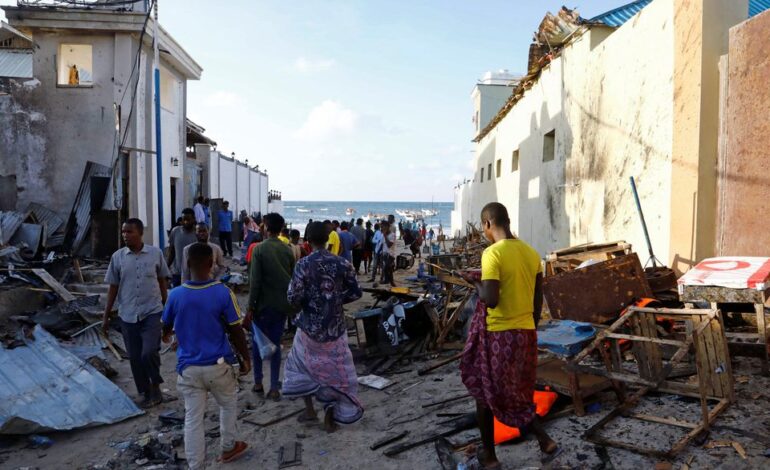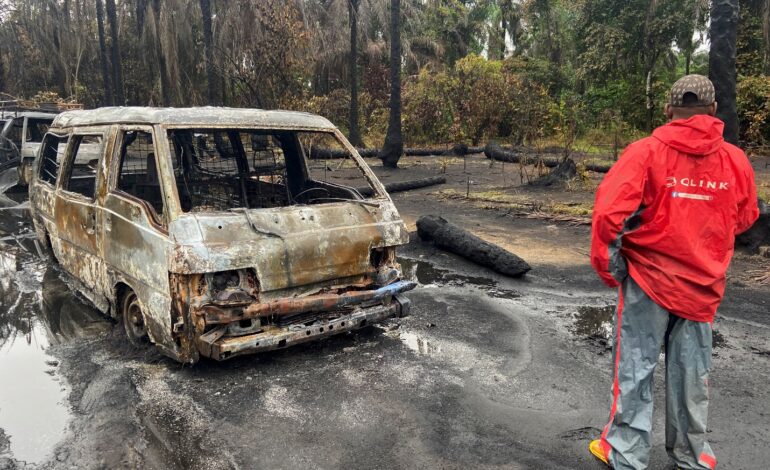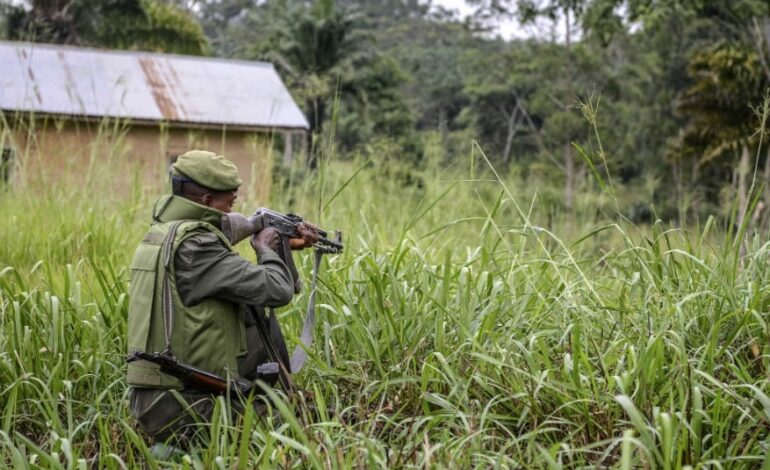
Wayne Lumbasi
For decades, the Democratic Republic of Congo (DRC) has been marred by conflict, heavily impacting on its civilian population. Critics say that since gaining its independence in 1960, the country’s leadership has been lacking three attributes of the utmost importance to the country’s welfare: a real vision for the DRC’s future, the competence and ability to execute the vision, and the character needed to ensure the realization of the vision with sound judgment, integrity, and equity.
Over six decades after gaining its independence from Belgium, DRC remains plagued by continuing governance challenges, corruption, insecurity, and widespread poverty. State institutions are generally weak, and efforts to bring lasting peace and security have so far produced mixed results.
While the western part of the country enjoys relative calm, violent conflict persists in much of the eastern DRC, perpetrated by armed militias, both domestic and foreign.
Much of the instability and insecurity is related to the mismanagement and plunder of the country’s natural resources including gold and diamonds. Located at the center of the continent, the DRC, with its tropical forests and savannas, is one of Africa’s most bio diverse countries.
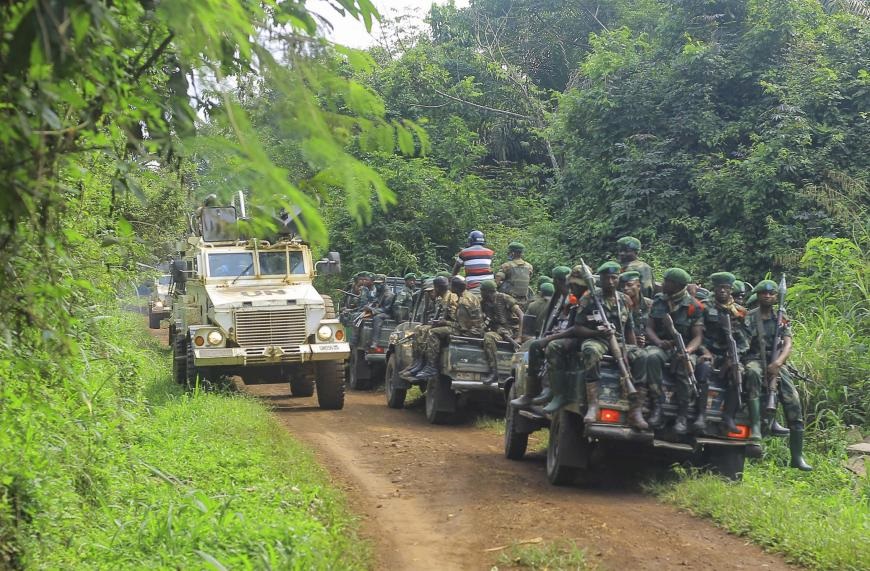
When the state lacks the capacity or willingness to maintain basic control of its territory, the effective “cost” of rebellion is low. Militant activity therefore becomes a more attractive economic prospect, as a small number of armed men with guns can seize control of public resources for private gain.
The troubling instances of violence and human rights abuses most commonly associated with conflict in the DRC -atrocities against civilians including sexual and gender based violence, child soldiering, forced labor, and illicit trade in minerals and other natural resources -are tragic outcomes of the broader problems of conflict and fragile governance.
Armed groups, militias and other hostile forces are highly motivated by access to the abundant natural resources in the DRC. That has turned the country’s natural wealth into a driver of conflict and instability, rather than development and prosperity.
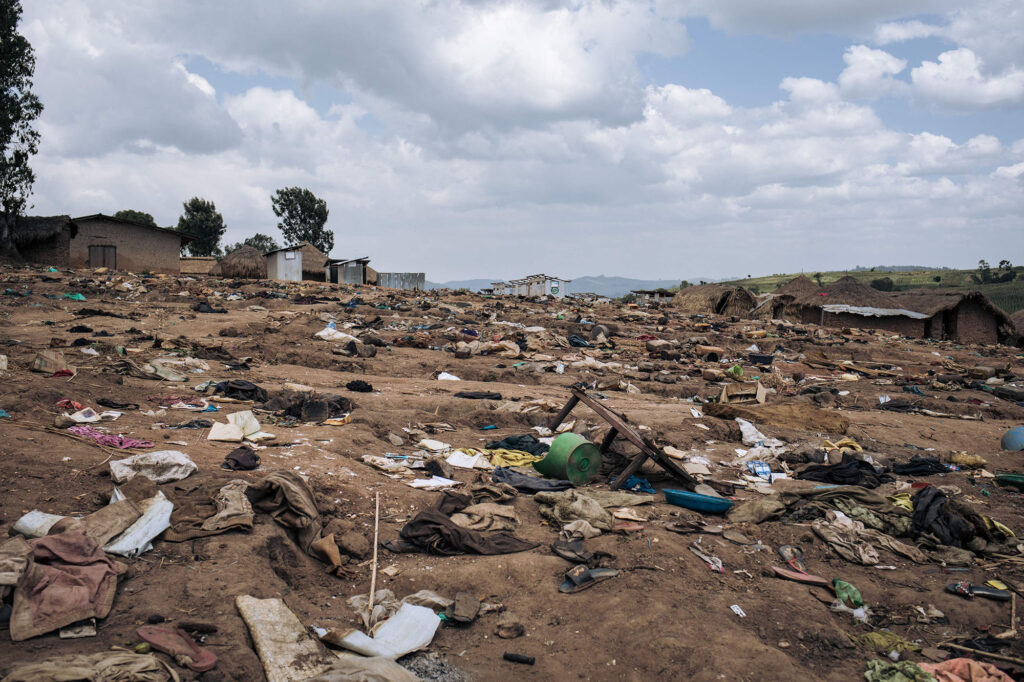
CONFLICTS IN THE EAST
Civilians have been the primary victims of over 25 years of brutal violence in DRC’s mineral rich, agriculturally fertile, and densely inhabited east. Tensions over access to land and citizenship rights have helped drive a myriad of conflicts, along with localized disputes, criminal activity, patronage, political competition, and regional geopolitics.
Illicit trafficking of gold and other resources, sometimes passing through neighboring states, has also reportedly fueled conflicts. The spillover of ethnic violence from Rwanda and Burundi in the 1990s was a key catalyst, aggravating tensions between and among those who view themselves as native to DRC and those whose origins (however distant) may be traced to neighboring countries. Multiple armed groups are active in the area, including “Mai Mai” militias-disparate groups that operate variously as self-defense networks and criminal rackets-and foreign-origin groups seeking safe haven and resources.
The Ugandan-origin Allied Democratic Forces (ADF), which has claimed affiliation with the Islamic State, is one example. Others include the Democratic Forces for the Liberation of Rwanda (FDLR), founded by perpetrators of the 1994 Rwandan genocide, and its various splinter movements and offshoots; Burundian-origin.
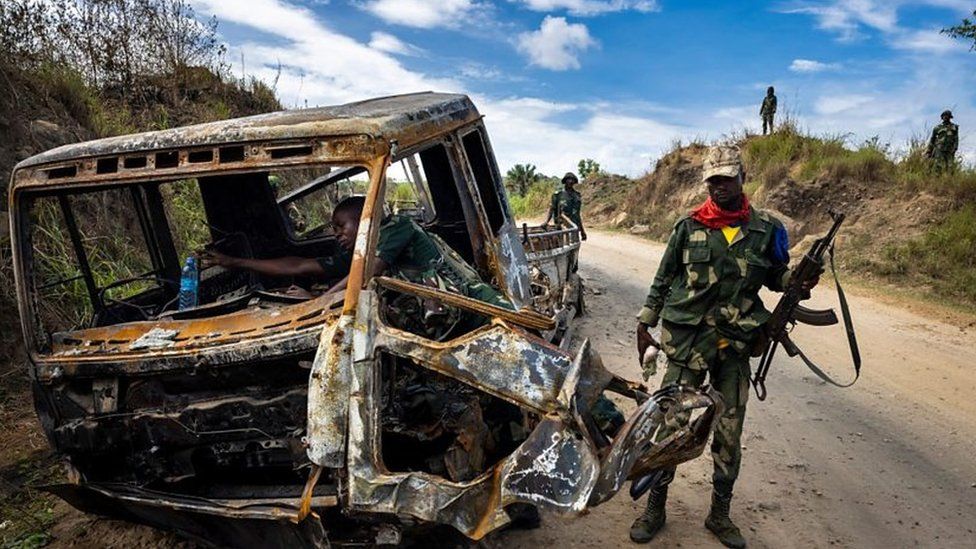
In May 2021, President Tshisekedi declared a “state of siege”-a form of martial law-in two eastern provinces, North Kivu and Ituri, in an effort to counter armed groups and stabilize the area. Parliament has since repeatedly extended the order. A top U.N. official in DRC reported in late 2021 that the state of siege had enabled the FARDC and U.N. peacekeepers make some progress in countering armed groups and establishing state authority.
Subsequently, the U.N. Secretary-General reported, that armed groups had “intensified attacks against civilians notwithstanding the state of siege,” and that the two provinces continued to account for most human rights violations documented in the country.
Human rights activists assert that the state of siege has brought political repression and constraints on civil liberties.Uganda deployed troops into eastern DRC to counter the ADF in late 2021, with President Tshisekedi’s consent, after accusing the group of masterminding a series of attacks in Uganda.
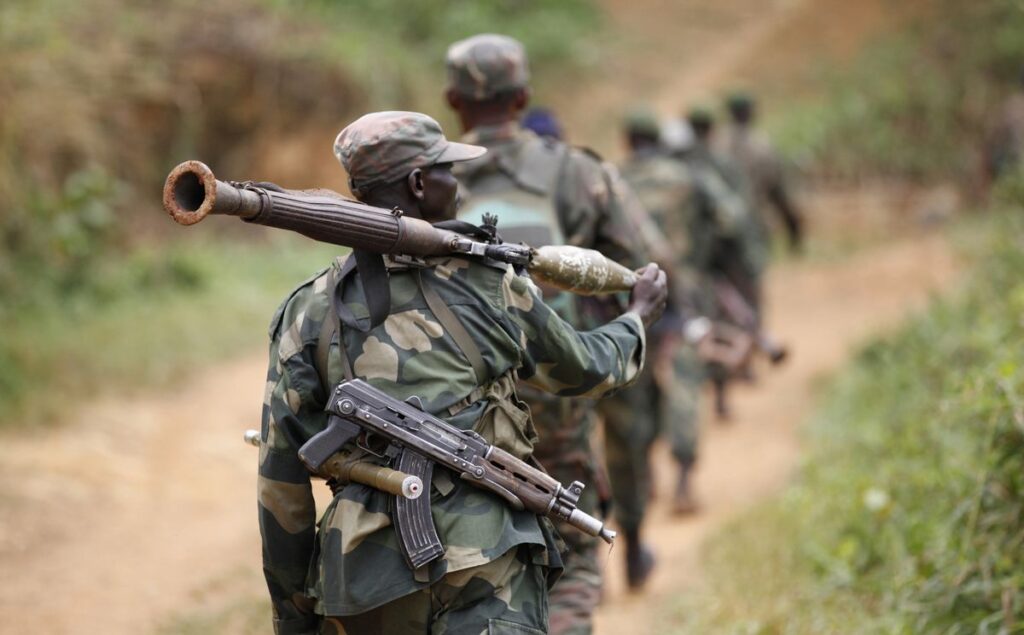
The full scope and likely duration of the deployment are uncertain. The deployment may have implications for regional stability and for the U.N. peacekeeping operation in DRC, which is mandated to protect civilians and support the FARDC in combating armed groups more broadly, President Tshisekedi has pursued a diplomatic rapprochement, premised in part on increased military cooperation, with neighboring states to the east, including frequent antagonist Rwanda.
Such an outreach is politically sensitive within DRC, given past experiences with regional and proxy warfare. Some analysts also warn that any stabilization strategy prioritising military operations and counterterrorism objectives may fuel, rather than decrease, instability in the east.
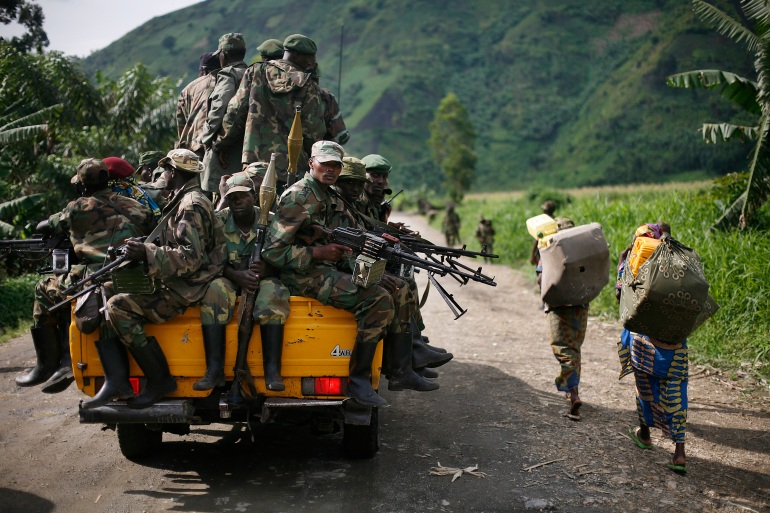
The effects and tactics seen from the conflict have been many including:
• Shifting alliances as needed to achieve the economic exploitation;
• Repeated military operations and violence, including rape and other forms of attacks on civilians, in areas rich in mineral resources
• Disrupting humanitarian assistance• Pillage as a strategy of war
• Looting often accompanied by torture, killings, rape
• Targeting harvests
• Stealing from medical centers
• Planned and coordinated attacks and robbing of villages
• Systematically pillaging food aid
• Killing people for resisting extortion
• Corruption and ‘taxation’ where the taxes are not used for the stated purposes or are extortionate, while exempting elites in various ways
• Public services have predictably collapsed
• Ethnic rivalries have been fueled by economic interests• Forced labor and displacement
• Sexual exploitation
EAST AFRICA FORCES TO EXTINGUISH DR CONGO CONFLICT
Democratic Republic of Congo (DR Congo) has agreed to the establishment of a regional force to fight armed groups in their eastern part of the country. In a mini-summit comprising Uganda President Museveni, the Democratic Republic of Congo President Felix Tshisekedi, Kenyan President Uhuru Kenyatta, Burundi’s Évariste Ndayishimiye, and Rwanda Foreign Affairs Minister held in Nairobi, Kenya, the leaders said the regional force will be established immediately.
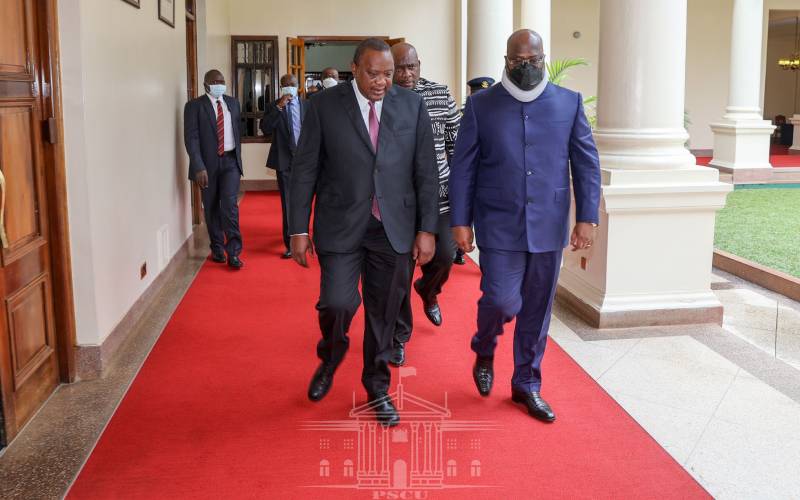
Uganda and Kenya have troops in the DR Congo that are fighting rebels. However, Uganda, Rwanda, DR Congo, and Burundi accused each other of having negative forces operating in eastern DR Congo. Rwanda also wanted to send troops to DR Congo, but DR Congo politicians rejected the proposal. In the new agreement, Rwanda’s forces will be part of the regional force.
The leaders agreed that all armed groups in the DR Congo “participate unconditionally in the political process to resolve their grievances. That failure to do so, all Congolese armed groups would be considered as negative forces and handled militarily by the region”.
The communique stated that “all foreign armed groups in the DR Congo must disarm and return unconditionally and immediately to their respective countries of origin and if they fail to do so, these groups would be considered as negative forces and handled militarily by the region”.
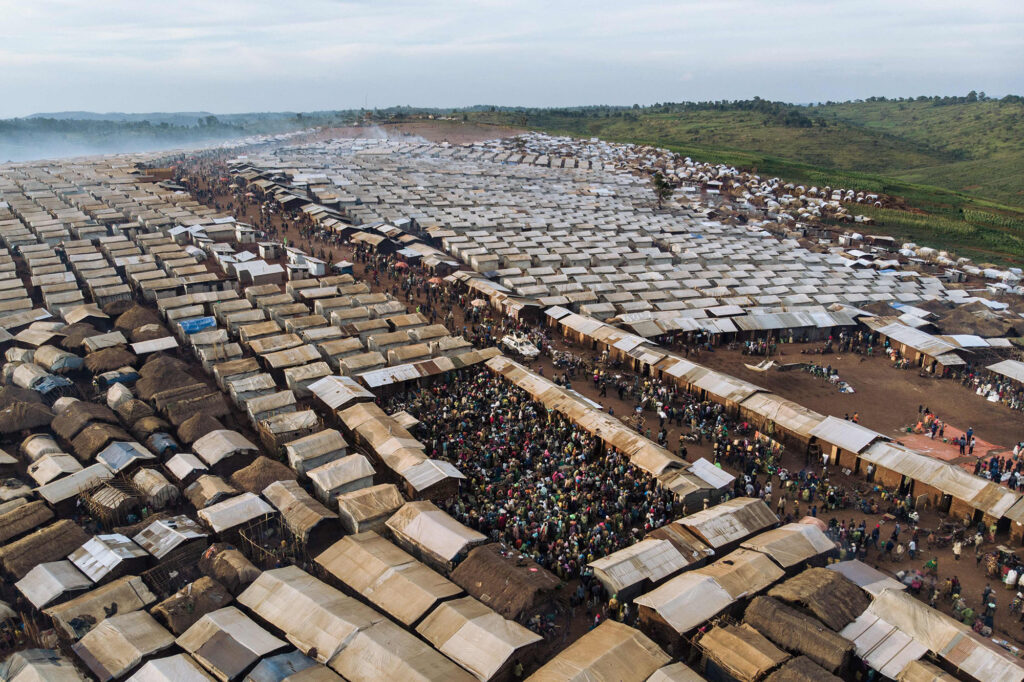
The absence of President Kagame in person in the meeting also raises questions of whether Kigali believes in the new agreement. The leaders who took note of the situation in eastern DRC and of neighboring countries called on all foreign armed groups inside the DRC to disarm and return unconditionally and immediately to their respective countries. The meeting noted that a consultative dialogue between the president of the DRC Felix Tshisekedi and the representatives of local armed groups in the DRC is to take place at the earliest possible time.
The Allied Democratic Forces (ADF), an armed group linked to ISIL (ISIS), is considered the deadliest of dozens of armed militias that roam the mineral-rich eastern DRC. The Brigade’s main mission was to neutralise the spread of ADF.
ADF is responsible for many attacks across North Kivu and Ituri Provinces in eastern DRC. Under the leadership of Seka Musa Baluku, ISIS-DRC has been notorious in this region for its brutal violence against Congolese citizens and regional military forces, with attacks killing over 849 civilians in 2020 alone.
The ADF was previously sanctioned by the U.S. Department of the Treasury and the United Nations under the UN Security Council’s DRC sanctions regime in 2014 for its violence and atrocities.


